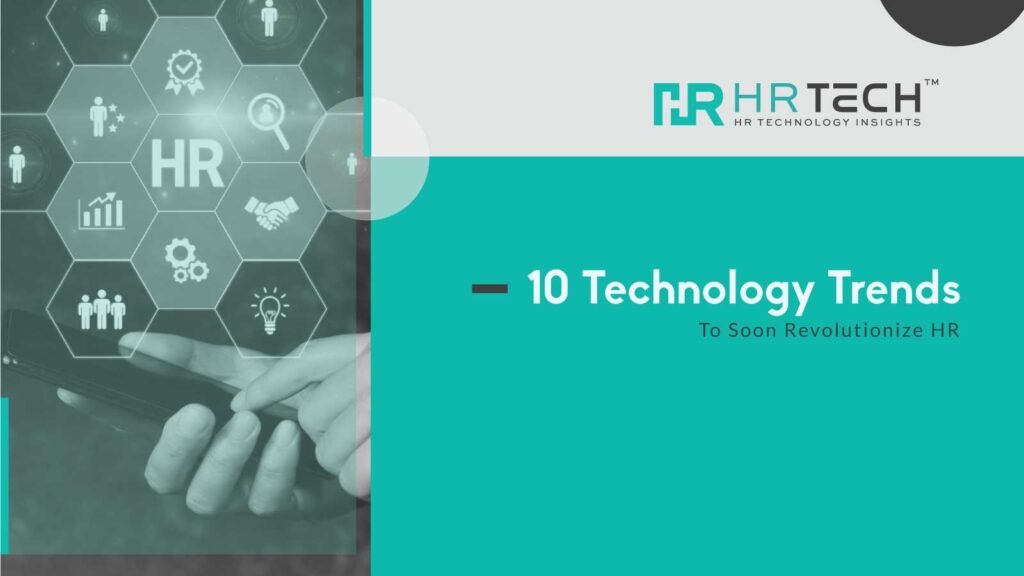HR departments rapidly adopt technology trends to streamline operations and improve employee experiences. Traditionally, many HR tasks have been manual and time-consuming. However, technological advancements have enabled the automation of various processes, from recruitment to employee management. This allows HR professionals to focus on their roles’ more strategic and interpersonal aspects, such as fostering employee engagement and navigating workplace trends.
Key HR technology trends for 2024 include AI-powered tools for various tasks such as resume screening and candidate sourcing, advanced analytics to gain insights into employee data and make informed decisions, virtual and augmented reality for remote onboarding and training experiences, and Chatbots and virtual assistants to provide real-time support to employees.
Visit HR Tech Blog: Top 10 Tips On How AI Will Build A New Era Of Employee Experience Platforms
Until recently, most of the organization’s HR department’s work has been manual and time-consuming. However, technology tools and trends are emerging that can ease or even take over much of the data-driven work of human resources, leaving HR professionals more time to handle the human interactions and support they are best at. Below, 18 members of the Forbes Technology Council weigh in on emerging ways technology is being leveraged and improved to support key HR work and help an organization better serve its employees.
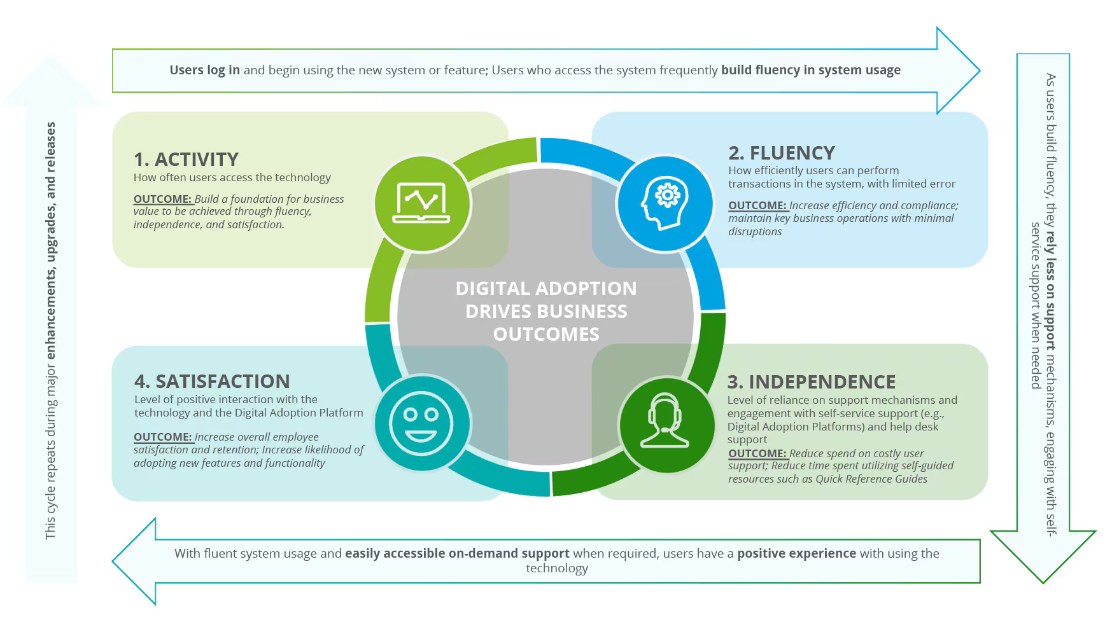
HR Technology is now a facilitator in the global digital transformation of human resources. As the experts predict, despite the market, HR Digital Transformation is poised to increase more. The Department of Human Resources has been searching for ways of increasing recruitment using automation; everyone’s future is safe if it is done right by HR technology. Anyways, in the disrupted world of today’s day and age, the only thing that matters about the future is uncertainty; that’s what HR leaders have to face, too. Hence, here we unravel HR’s Top Technology Trends 2024.
10 Technology Trends To Soon Revolutionize HR
#1. The AI-evolution
AI is at a whole new level of inflection, transforming industries, supporting finances, and supercharging efficiency to the global economy. It is not only improving the experience for the customers but, also for the organizations. AI is an emerging technology gaining traction across industries and has been proven useful till now. AI is playing a crucial role in the HR industry as it has various utilities:
- As a career coach
- As a wellbeing guide
- As onboarding partner
- Performance reviewer
#2. Adoption of AI tools
Research shows that 74% of companies are adopting a hybrid work model post-pandemic. The remote and hybrid work model is going to revolutionize the world. It has also improved work-life balance and helped remote workers maintain their mental well-being. HR now has to manage people across various locations, jurisdictions, and time zones to ensure the well-being of remote workers. Integrating HR tools into emerging technologies plays an important role in staying ahead in the modern workforce.
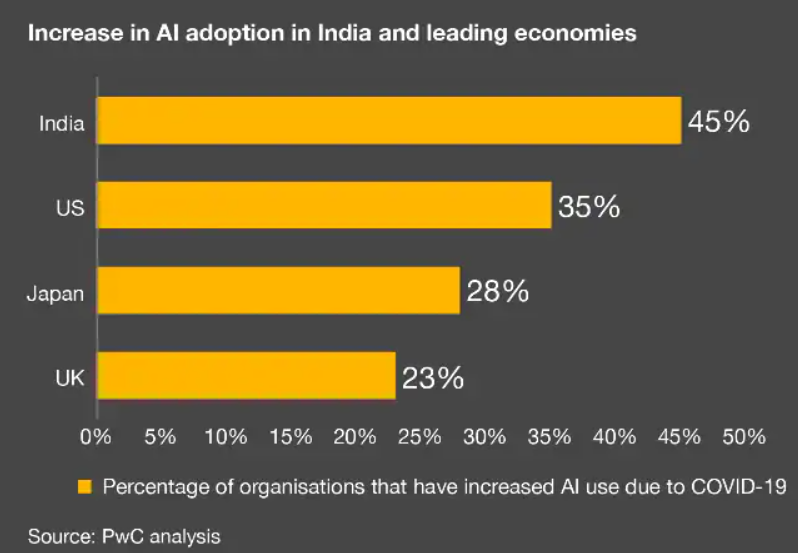
#3. People analytics to data literacy
HR departments dive into data but lack the skills to swim. Despite the use of HR analytics tools, most organizations cannot gain meaningful value from them. The current data literacy gap is the main roadblock to HR teams and a significant challenge for Chief Data Officers. The organizations that set data literacy as the top priority will see a marked improvement in their ability to drive business value by 2023. Fact: Data literacy will be a part of more than 80% of any data and analytics strategy and change management initiative.
Visit HR Tech Blog: Top 10 Tips On How AI Will Build A New Era Of Employee Experience Platforms
#4. Digitized HR processes
The growing adoption of HR tools and the explosion of data are causing very rapid changes in the HR sector. Most HR departments cannot use this data efficiently due to a lack of data literacy. It then emerges as a critical challenge for Chief Data Officers, who understand the value it creates in business. Organizations focusing on data literacy will transform how they approach their data and analytics strategy and change management programs. The rise in workplace digitization began after the outbreak of COVID-19 and has reshaped the entire work culture ever since. HR technologies will improve the employee lifecycle from employee onboarding to offboarding and retirement.
#5. Digital learning & development
Employee learning and development stands as a core strategy for every organization. In the past two years, L&D has faced severe changes owing to the sudden change in the work setups and the organization’s lack of preparedness. In 2024, L&D professionals will be asked to provide continuous learning along with inclusivity and engagement at the forefront. Employee experience and learning are partners that bring optimum results.
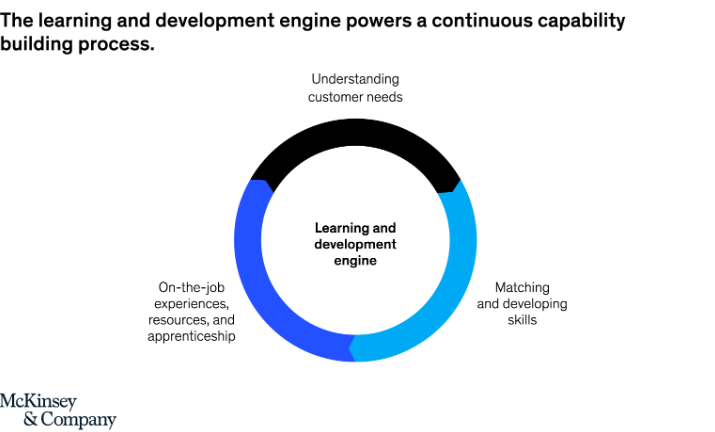
#6. Personalization
For years, personalization was used in marketing to attract customers, but by 2024 it had officially made its way to every cubicle. With almost 45% of US employees working remotely while facing a lack of skilled labor in the market, the decision-making power has shifted from the companies to employees. Hyper-personalization offers employees more flexibility and an opportunity to customize the work environment to fit in well.
#7. Data-driven DEIB
Over the past decade, organizations have driven intense efforts toward making their workplace diverse and inclusive for workers. However, the achievement has been hardly worthwhile. The most important reason behind this fiasco was that most of the efforts were paper-based, and there was not enough data regarding the outcomes. Now that companies embrace an array of policies and practices to grow diversity, equity, inclusion, and belongingness at work, now is the time to deploy data analytics to uncover actionable insights.
#8. Tech-enabled employee self-service
Employee self-service is an important aspect of HR technology that allows employees to access and manage HR-related tasks and information independently. This can include viewing pay slips, updating personal information, and requesting time off. The major objective of employee self-service is to enhance operational efficiency and reduce the HR work for the department.
#9. Metaverse in HR
The metaverse is like a virtual world you can enter using special glasses. Businesses can use this to let their employees work from anywhere in the world as if they were all in the same room. This is a big deal for HR (Human Resources) because they’ll have to figure out how to make sure employees have the right glasses and know how to use them. They’ll also need to create a safe and comfortable working space for employees within the metaverse.
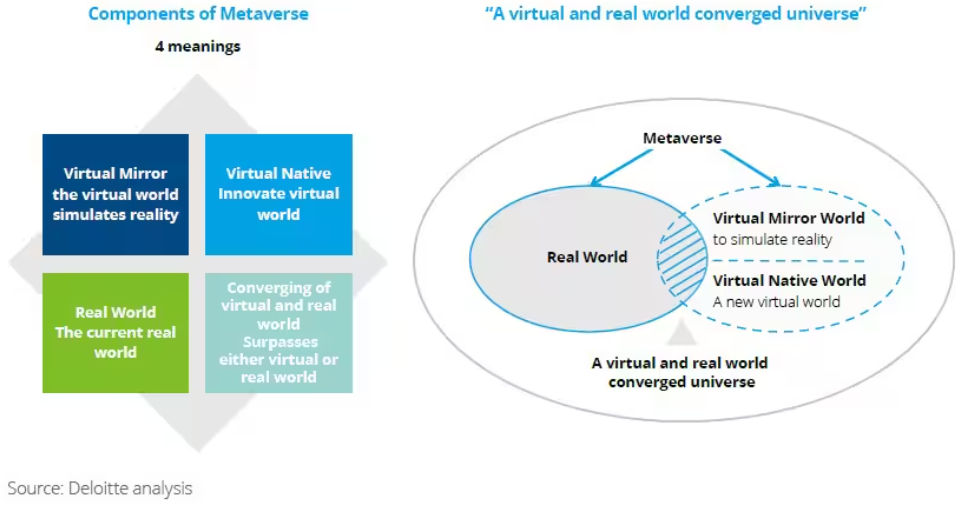
#10. Blockchain Technology
With the launch of blockchain, such technology can reshape HRtech by making it possible for it to provide a safe, transparent, and unalterable platform for handling HR data. Technically, this kind of technology can automate several HR-related processes like new employee onboarding, payroll, or benefits management. Consequently, organizations can leverage blockchain technology to ensure data integrity, reduce overhead costs, and enhance compliance with regulations. The blockchain-based smart contracts have the potency to automatically execute HR workflows with no errors and are efficiently well done. However, as blockchain is increasingly adopted, it is expected to revolutionize how HR functions are conducted and will be much more efficient while creating better employee experiences.
Visit HR Tech Blog: Top 150 HR Technology Terms You Must Be Aware Of
Some other factors that will contribute to the revolution of the HR industry are:
11. Recognizing achievements virtually
- Addressing trends that affect attrition
- Developing more ethical AI
- Automation to save time
- Building personalized ads
Technology Is The Future
These HR technologies will drive the digital transformation of the entire industry by the end of 2024. It is also important to understand that this transformation is not just about the technology but, also about the people adapting to it. IT leaders and HR teams must gauge appropriate software and involve key stakeholders to process high user adoption.
These technology trends are not guests but are here to stay forever with the employer and the employees.
To share your HR technology insights and announcements, please write to us at news@intentamplify.com


